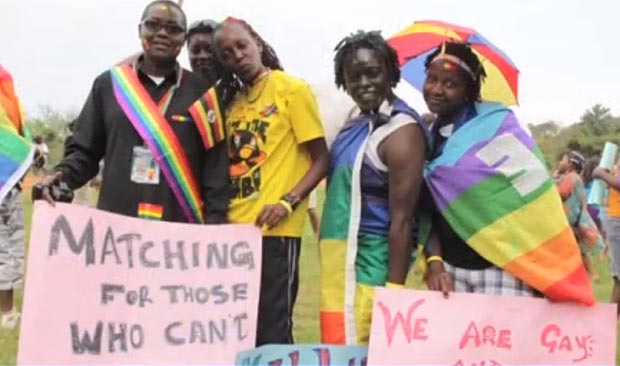Andrew Anglin
Daily Stormer
January 21, 2014

There are a whole bunch of different valid criticisms that Russia could offer for the EU.
For example, they could criticize their allegiance to the Jewish banking establishment, and their abuse of the lesser nations of Southern Europe which they tricked into the Eurozone with unfulfillable promises.
They could criticize their continued support for the terrorist state of Israel, or their endless blind support for the aggressive war efforts of the United States.
They could criticize their crackdown on basic freedom of expression, and outlawing of certain scientific and historical perspectives.
They could criticize what appears to be an established policy of destroying the Christian religion and the traditional moral framework of the European race, and replacing it with cultural Marxism.
They could criticize the “asylum seeker” program, which amounts to a systematic process of replacing the people of Europe with foreign hordes of subhuman invaders, and a total Islamization of a once Christian continent.
Instead, Russia has released a report, published on the official website of the Foreign Ministery of the Russian Federation, criticizing the EU for what they perceive as a “steady rise of xenophobia, racism, aggressive nationalism, chauvinism and neo-Nazism.”
Pravda.ru outlines their complaints:
For example, in Poland, more than 600 offenses were reported in 2011-2012. In Germany, they failed to ban the National Democratic Party (NPD), which represents Mecklenburg-Vorpommern and Saxony lands in the parliament. Moreover, a number of serious shortcomings were revealed in the work of German secret services in this direction.
In France and the UK, one incident of anti-Semitism is reported every day, in Germany – three. In the Netherlands and Belgium, anti-immigrant sites were made, mainly of anti-Islamic orientation. Discrimination of Roma is commonplace in the EU Member States. According to the EU agency for fundamental human rights, the rights of the Roma are violated in Spain, Italy, Portugal and France just as they are violated in the countries of Central and Eastern Europe. About a half of the Roma population live there in homes that do not meet basic sanitary requirements. Only 15 percent of young Roma have complete secondary or higher education. Violence against Roma is used widely.
The line of the Lithuanian authorities to falsify historical events creates fertile grounds for manifestations of nationalism and neo-Nazism. They equalize Nazi and Soviet regimes, glorify Nazi collaborators and members of nationalist underground movements.
On October 10, 2012, in the village of Shvekshna, the Silute district, a monument was erected to “forest brothers,” that showed active resistance to anti-Hitler coalition troops and were guilty in the deaths of thousands of civilians, the above-mentioned report said.
Further, the report notes that the number of gross violations of the rights of minorities, refugees and migrants has increased in the European Union too. For example, German law contains significant restrictions for those applying for official refugee status. The law seriously limits their freedom of movement. Waiting for refugee status, people are forced to exist on a meager allowance. They can hardly access any professional activity. Human trafficking prospers. The total number of victims of human trafficking in the European Union exceeds 880,000 people.
Russian-speaking residents of Finland are one of the groups that suffer from discrimination most. The report says that the discriminatory course of the Latvian authorities the Russian minority in the country remains virtually unchanged.
“Aliens” are deprived of such fundamental rights as the right to elect and be elected to state and municipal authorities, to take part in military and civil service, to act as judges, prosecutors, to establish political parties. Transactions to buy land and real estate for “non-citizens” are allowed only with the consent of municipal authorities. According to human rights organizations of Latvia, there are 79 differences in the rights of citizens and “aliens”.
Issues of inadequate protection of children’s rights, gender inequality, abuse of authority by police, violations of prisoners’ rights remain very serious in Europe, the report said. For example, the work of women in Belgium is paid 22 percent lower than the work of men, and the gap in the amount of bonuses for male and female employees reaches 42 percent. According to the decision of the European Court of Human Rights, in the UK, the rights of about 6,000 prisoners are violated – it goes about those, who remain in penitentiary institutions without fixed terms of imprisonment.
However, there is no clarity about the prospects for their release. The acts, similar to those committed by Russian infamous punk band Pussy Riot, are severely suppressed in Germany, despite “freedom of expression.” Such was the case in a cathedral in Cologne. The participants of the “performance” were thrown out of the cathedral, but the incident received no coverage in the media. According to the International Labour Organization, about 80,000 children are involved in illegal businesses in Romania, including drug trafficking and prostitution.
